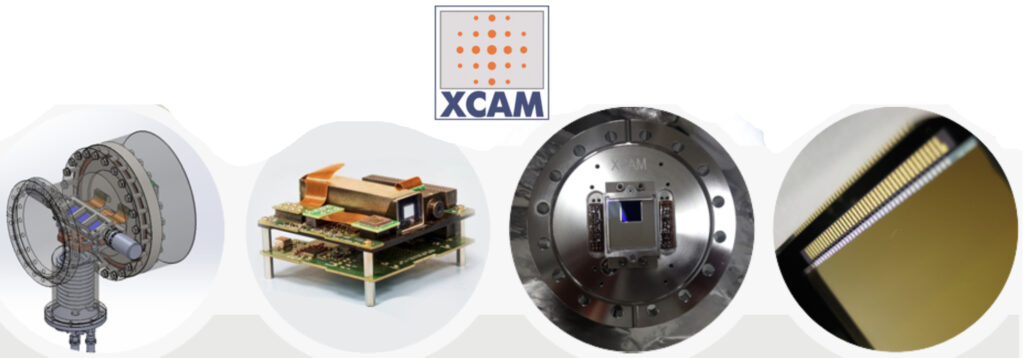
XCAM Ltd. has jointly been awarded grant funding from the UK Space Agency (UKSA) via the agency’s International Bilateral Fund (IBF) – Phase 1.

The funded project is being led by the Open University (OU) working with the Indian Space Research Organisation (ISRO) to support the development of X-ray instrumentation for the DISHA mission to study space weather. XCAM, as a key partner, will define a preliminary camera system concept based around the CIS221-X — a novel, X-ray detector designed jointly by The Open University and Teledyne e2v and manufactured by Teledyne e2v. In addition to the technical contributions, XCAM will also be evaluating the return on investment to the UKSA for the next phase of development.
This grant funds the initial development of the project, potentially leading on to Phase 2 which could see a further 1.5 million in funding next year.
The current funded activity will strengthen the collaboration between the UK parties and ISRO and will prepare a proposal for the full development of the AXIS instrument with a proposed UK contribution in the sensor, detector electronics, detector physics and X-ray science. If successful, Phase 2 will start in 2024 with an aim to complete the UK instrument contribution by 2026.
XCAM will also be supporting another IBF fund project, also led by the Open University, to support the development of a Mars imager concept using the CIS125 detector also manufactured by Teledyne e2v. This will draw on the extensive work already conducted by XCAM on the CIS125 for the TreeView mission.
The UK Space Agency £20 million International Bilateral Fund (IBF) is to support international partnerships that will harness the United Kingdom’s national strengths, support new space capabilities and catalyze investment. Up to £2 million will initially be available from the IBF to help strengthen the space sector’s partnerships with other space nations, with further funding to be made available over the next two years.
The Disturbed and quiet time Ionosphere-thermosphere System at High Altitudes (DISHA) is a proposed twin satellite aeronomy mission by the Indian Space Research Organisation and will study the effects of space weather events on the uppermost layers of Earth’s atmosphere.
“We are delighted to have been awarded this valuable grant funding and to play a significant part in strengthening the UK space sector’s partnerships with strategic and emerging space nations. This funding supports an international collaboration for the initial development of the Auroral X-ray Imaging Spectrometer (AXIS) instrument intended to fly on DISHA, the Disturbed and quiet time Ionospheric-thermosphere System at High Altitudes mission. This activity builds on our new versatile and high-performance ‘Nuscis’ camera system for space imaging applications, that is already being adopted for a number of different space missions including ‘WindCube’, a NASA-funded space weather due for launch in 2024. Supporting a number of different high-performance imaging sensors enables ‘Nuscis’ to be easily adapted to different instruments such as the AXIS instrument for this project.” — Karen Holland, CEO of XCAM Ltd
